
Running Faster | What can you do?

Welcome to the Fitness Adaptive live podcast!
Today, let’s talk about some common misconceptions about training to run a faster mile, 5k, or 800m.
First, let me tell you a story. I used to be a distance runner. I ran nearly every track and cross-country race, and I did high jump and long jump. I used to think I was a distance runner. My fastest 5k was around 17 minutes, my fastest 3 mile was 16:53, my fastest mile was 4:46, and my fastest 800m was 2:04. During my senior year, I became really frustrated with my training because I wasn’t making any progress with my distance running. I did everything my coaches advised, and I was making very little progress.
tarted studying to become a personal trainer. I knew it was what I wanted to do because I had a desire to help people succeed. I wanted to learn these training principles for myself, but also so I could give my clients the best results possible.
The Research
During my studies, I came across a few principles that made me realize why I wasn’t making the progress I wanted. I started implementing practices to improve performance based on these principles. I used myself and a couple other clients as the test group. During this time, I made faster and more substantial progress than I’ve ever made. Other clients also saw better results, working through my program, than what they had done before. They dropped mile, 5k, and sprint times by a lot.
Today, let’s go over some common myths about aerobic training. We’ll also cover specific principles for running faster, whether you’re training for an 800m or a half marathon.
First of all, there are two main types of aerobic training for distance running. Interval training and long-slow distance training.
Which one is better for you?
If you’re running the 800m, the mile or the 5k, then interval training is the optimal training method for you. Intervals develop aerobic capacity better than long-slow distance.
Interval Training
Now, think about this:
Which mode of training stresses the body more? Which one elevates your heart rate more? Which one puts you in your target heart rate? Which one is more specific to what you’re doing? Interval training, right? When you run long-slow distance, you are running slower than competitive race pace. If, for example, you are training for a mile race, using the long-slow distance training method, you will be running the mile as fast as you currently can. When you do interval training, you run at your target pace for a set interval, and therefore, your target heart rate. This training is better for aerobics because it points you toward your ultimate goal and gives you a better aerobic exercise.
Long-Slow Distance Training
Why would anyone do long-slow distance running if interval training is better?
The first thing you need to understand is that long-slow distance running serves two purposes: either to get a beginning runner fit enough to tolerate interval training; or to serve as a break from interval training, so you don’t over train and increase the risk of injury. The way I see it, long-slow distance training should be used for these two purposes only.
Many people who run the mile in track, or the 5k in cross-country, spend the entire pre-season doing long-slow distance in order to “build an aerobic base.” Instead, I suggest building an aerobic base with interval training. It works your body harder and targets your pace goals which results in more productive training.
Training for Long Distance
If you are training for long distance races like a 10k, half marathon, or a marathon, long-slow distance running should be your main mode of training. Those races are long distance and require a steady pace, therefore, long-slow distance training would be more beneficial because it’s more specific to your goals than the faster interval training.
Personalized Training
If you’re interested in getting in better shape and improving your competitive race pace, contact me. I understand the struggle. I’ve had coaches and trainers give me training advice that didn’t produce the results I wanted, and it’s frustrating! If you are struggling to get results and you want training that will actually work, hit me up. Let’s make progress and get the results that YOU WANT!
Welcome to the revolutionary personal training solution that aims to change the world. Read about our goals, motivations, and roadmap for the future as we continually grow and expand our operations…

SIMILAR POSTS
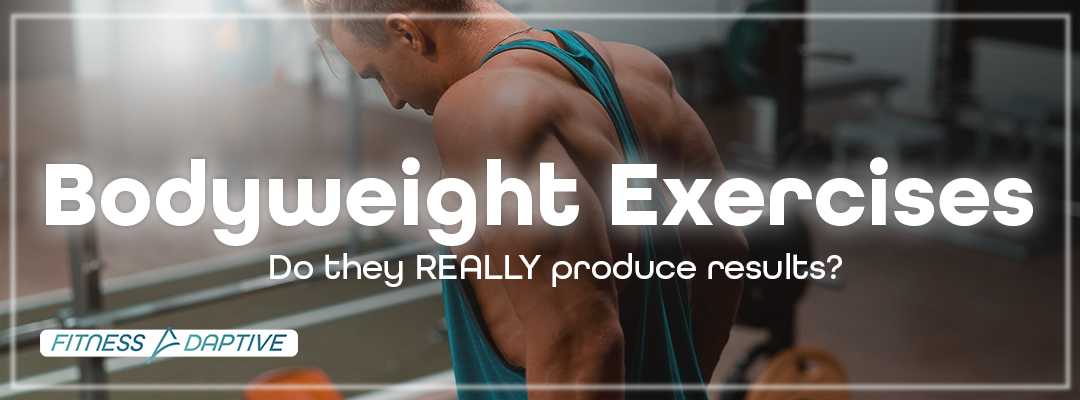
Bodyweight Exercises
It seems really fortunate that there are so many things you can do to improve your fitness without expensive equipment, but do bodyweight exercises actually work? Have you ever bought a workout program that promised results that never came to fruition?
RECOMMENDED

Bodyweight Exercises
It seems really fortunate that there are so many things you can do to improve your fitness without expensive equipment, but do bodyweight exercises actually work? Have you ever bought a workout program that promised results that never came to fruition?
RECOMENDED FOR YOU

Bodyweight Exercises
It seems really fortunate that there are so many things you can do to improve your fitness without expensive equipment, but do bodyweight exercises actually work? Have you ever bought a workout program that promised results that never came to fruition?

Hydration
Are you Hydrated enough? You’ll be suprised to know you’re probably not…

Simple Carbs vs Complex Carbs
“How many carbs should I consume?” “Should I keep a low carb count?” “Should I carb-load?”
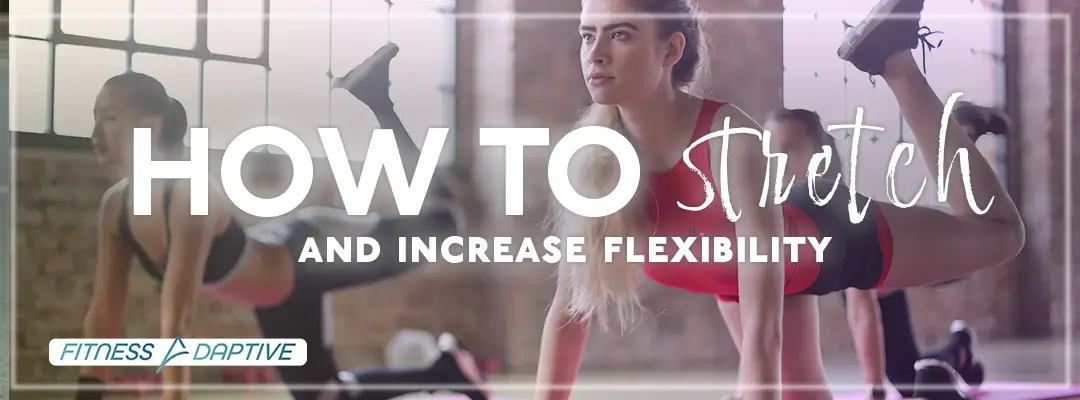
How to Stretch and Increase Flexibility
Each type of stretching accomplishes a different goal, so knowing when to perform each type of stretch is important. To understand when and how long you should stretch, think of a recipe…
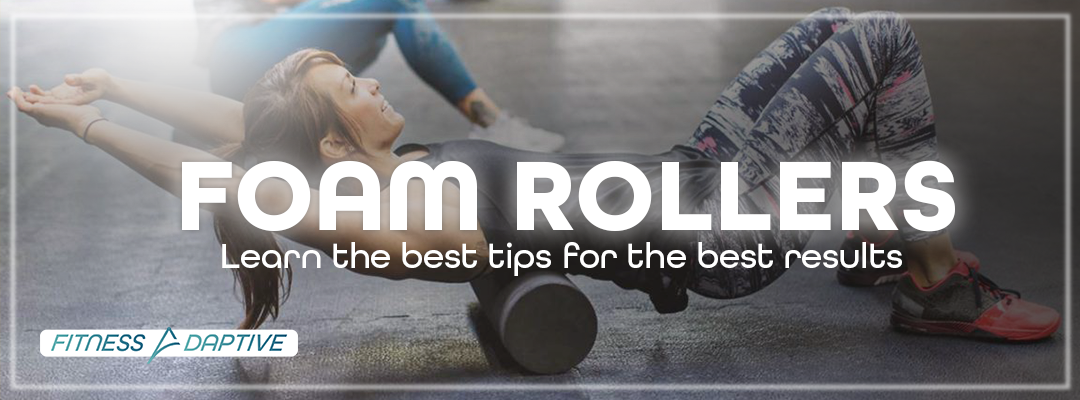
Foam Rolling | Tips and Tricks
I often wondered, “What is the proper way to do these things?” After high school I signed up for a few personal trainers at a gym and started studying fitness. During my experience and studies, I came across a crucial element to fitness that most athletes, coaches, and trainers are neglecting: foam-rolling.
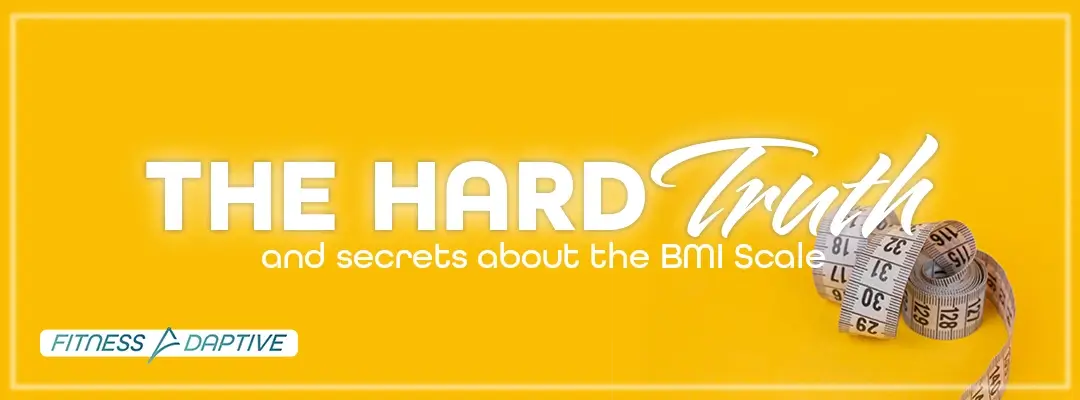
The TRUTH about BMI (Body Mass Index)
BMI is a common body composition measurement that is misunderstood and usually inaccurate. I came across BMI when I first started studying fitness. I started reading about it and thought, “This isn’t a very accurate form of measuring body composition.”

Squatting | Are you doing it right?
Welcome to the Fitness Adaptive live podcast! Today, I’m going to talk about squatting. What are the different types of squats? What types of squats should you be doing? How can I improve my squats?
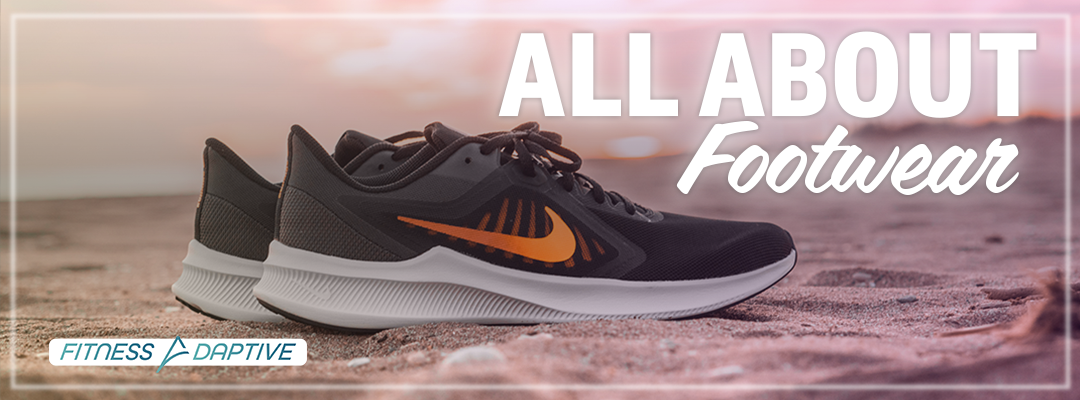
All About Footwear | Types of Shoes, Factors To Consider
Today I’m going to go over footwear. I’ll talk about what types of shoes you should wear, based on your goals, what sports you play, what you do for work, foot size, foot type, etc..

The TRUTH About Diets | What They DON’T Want You to Know!
[object Object]

Welcome to Fitness Adaptive
Welcome to the revolutionary personal training solution that aims to change the world. Read about our goals, motivations, and roadmap for the future as we continually grow and expand our operations…

Bodyweight Exercises
It seems really fortunate that there are so many things you can do to improve your fitness without expensive equipment, but do bodyweight exercises actually work? Have you ever bought a workout program that promised results that never came to fruition?

Hydration
Are you Hydrated enough? You’ll be suprised to know you’re probably not…

Simple Carbs vs Complex Carbs
“How many carbs should I consume?” “Should I keep a low carb count?” “Should I carb-load?”

How to Stretch and Increase Flexibility
Each type of stretching accomplishes a different goal, so knowing when to perform each type of stretch is important. To understand when and how long you should stretch, think of a recipe…

Foam Rolling | Tips and Tricks
I often wondered, “What is the proper way to do these things?” After high school I signed up for a few personal trainers at a gym and started studying fitness. During my experience and studies, I came across a crucial element to fitness that most athletes, coaches, and trainers are neglecting: foam-rolling.

The TRUTH about BMI (Body Mass Index)
BMI is a common body composition measurement that is misunderstood and usually inaccurate. I came across BMI when I first started studying fitness. I started reading about it and thought, “This isn’t a very accurate form of measuring body composition.”

Squatting | Are you doing it right?
Welcome to the Fitness Adaptive live podcast! Today, I’m going to talk about squatting. What are the different types of squats? What types of squats should you be doing? How can I improve my squats?

All About Footwear | Types of Shoes, Factors To Consider
Today I’m going to go over footwear. I’ll talk about what types of shoes you should wear, based on your goals, what sports you play, what you do for work, foot size, foot type, etc..

The TRUTH About Diets | What They DON’T Want You to Know!
[object Object]

Welcome to Fitness Adaptive
Welcome to the revolutionary personal training solution that aims to change the world. Read about our goals, motivations, and roadmap for the future as we continually grow and expand our operations…
BECOME A FITNESS ADAPTIVE MEMBER TODAY
Get perks, discounts, and benefits when you become a member with Fitness Adaptive. Starting at 2.99$ a month, you’ll get access to all of our tools, weekly newsletter, and much, much more!
